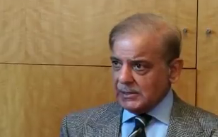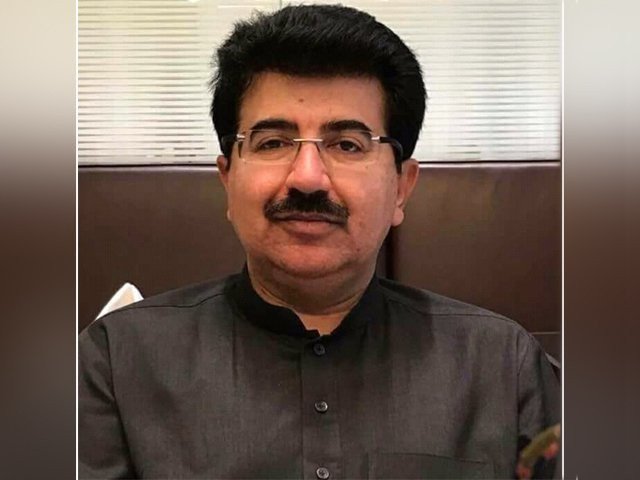The Islamabad High Court (IHC) Wednesday hoped Prime Minister Imran Khan will not make a “secretive” memo public. In a written order, IHC Chief Justice Athar Minallah said the court is confident that as an elected prime minister, Imran Khan would not disclose any information or act in breach of section 5 of the Official Secrets Act, 1923, or violate the oath taken by him under the Constitution. “Any decision taken by the Prime Minister has to be in consonance with his obligations under the Official Secrets Act, 1923 and in letter and spirit of the oath of the office,” the written order read. The court said it has “trust and confidence” that the premier would not reveal any information which may be prejudicial to the national interest and national integrity of Pakistan, nor that he would act in any manner that would have the effect of violating his oath. The IHC CJ mentioned that if the court passes a restraining order, it would “unjustifiably reflect a lack of confidence in an elected prime minister.” Shortly before the order, PM Imran Khan, according to sources, had said that a Pakistani envoy posted in a foreign country wrote the memo that he flashed on March 27 in a rally and termed it “threatening”. The premier, while interacting with journalists, said the envoy had sent the letter to Pakistan after he met an official of a foreign country, according to sources.
متعلقہ مضامین
-
MoU signed for revival of tourism in Punjab: SACM
-
PM stresses promotion of unity, solidarity among Muslim states
-
Two soldiers martyred in Bajaur attack
-
Two PTI MPAs booked for rioting outside Vankwani’s house
-
OIC session an opportunity to address humanitarian situation in Afghanistan
-
SC forms larger bench to interpret Article 63-A
-
The way forward for Pakistan from here
-
Shehbaz to be party’s nominee for PM’s slot, says Maryam
-
OIC session an opportunity to address humanitarian situation in Afghanistan
-
Better to fight assembly’s ‘war’ in assembly: CJP
-
MNA’s individual vote has no status: Justice Munib
-
SC forms larger bench to interpret Article 63-A












